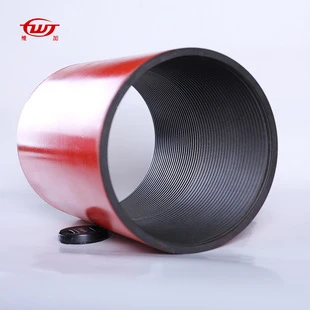- Afrikaans
- Albanian
- Amharic
- Arabic
- Armenian
- Azerbaijani
- Basque
- Belarusian
- Bengali
- Bosnian
- Bulgarian
- Catalan
- Cebuano
- Corsican
- Croatian
- Czech
- Danish
- Dutch
- English
- Esperanto
- Estonian
- Finnish
- French
- Frisian
- Galician
- Georgian
- German
- Greek
- Gujarati
- Haitian Creole
- hausa
- hawaiian
- Hebrew
- Hindi
- Miao
- Hungarian
- Icelandic
- igbo
- Indonesian
- irish
- Italian
- Japanese
- Javanese
- Kannada
- kazakh
- Khmer
- Rwandese
- Korean
- Kurdish
- Kyrgyz
- Lao
- Latin
- Latvian
- Lithuanian
- Luxembourgish
- Macedonian
- Malgashi
- Malay
- Malayalam
- Maltese
- Maori
- Marathi
- Mongolian
- Myanmar
- Nepali
- Norwegian
- Norwegian
- Occitan
- Pashto
- Persian
- Polish
- Portuguese
- Punjabi
- Romanian
- Russian
- Samoan
- Scottish Gaelic
- Serbian
- Sesotho
- Shona
- Sindhi
- Sinhala
- Slovak
- Slovenian
- Somali
- Spanish
- Sundanese
- Swahili
- Swedish
- Tagalog
- Tajik
- Tamil
- Tatar
- Telugu
- Thai
- Turkish
- Turkmen
- Ukrainian
- Urdu
- Uighur
- Uzbek
- Vietnamese
- Welsh
- Bantu
- Yiddish
- Yoruba
- Zulu
casing collar
Understanding Casing Collars in Oil and Gas Drilling
Casing collars are critical components in the oil and gas drilling industry, playing an essential role in the overall integrity and functionality of the wellbore. As operators drill deeper into the Earth’s crust, they encounter various geological formations, and the need for effective wellbore stability becomes paramount. Casing collars help achieve this stability by ensuring that the casing strings are properly connected and maintained throughout the drilling process.
A casing collar is a mechanical device that is installed on the casing pipe to serve several functions, primarily related to the connection between different casing sections. Typically located at specific intervals along the casing, these collars provide a physical stop for the casing, allowing for the attachment of tools and equipment necessary for various drilling operations. Their design facilitates the efficient placement of casing strings at the required depths, which is crucial for isolating different pressure zones and preventing issues such as fluid loss or blowouts.
One of the significant advantages of using casing collars is their contribution to well integrity. They help ensure that the casing remains centralized in the wellbore, protecting it from collapse and improving the overall strength of the completed well. Moreover, casing collars can also be equipped with perforations that allow for the flow of hydrocarbons, enhancing production efficiency once the well is in production.
casing collar

In addition to their physical structure, casing collars can vary in size, material, and design depending on the specific requirements of the drilling operation and the characteristics of the geological formations being drilled. Engineers and drilling specialists must carefully choose the appropriate collar type to match the conditions of each well. This includes considering factors such as the expected temperatures, pressures, and the types of fluids that will be encountered.
Furthermore, advancements in technology have led to the development of specialized casing collars that feature enhanced capabilities, such as those designed to withstand extreme environments or those that incorporate smart technology to provide real-time data during drilling operations. These innovations are vital in optimizing drilling efficiency and improving safety practices within the industry.
In conclusion, casing collars are indispensable in the drilling process, contributing to the stability, integrity, and productivity of oil and gas wells. As the energy industry continues to evolve, the role of casing collars will likely grow in importance, highlighting the need for ongoing research and development to improve their design and functionality. Understanding their significance can lead to more effective drilling operations and a safer working environment for all involved.
-
Tubing Pup Joints: Essential Components for Oil and Gas OperationsNewsJul.10,2025
-
Pup Joints: Essential Components for Reliable Drilling OperationsNewsJul.10,2025
-
Pipe Couplings: Connecting Your World EfficientlyNewsJul.10,2025
-
Mastering Oilfield Operations with Quality Tubing and CasingNewsJul.10,2025
-
High-Quality Casing Couplings for Every NeedNewsJul.10,2025
-
Boost Your Drilling Efficiency with Premium Crossover Tools & Seating NipplesNewsJul.10,2025







